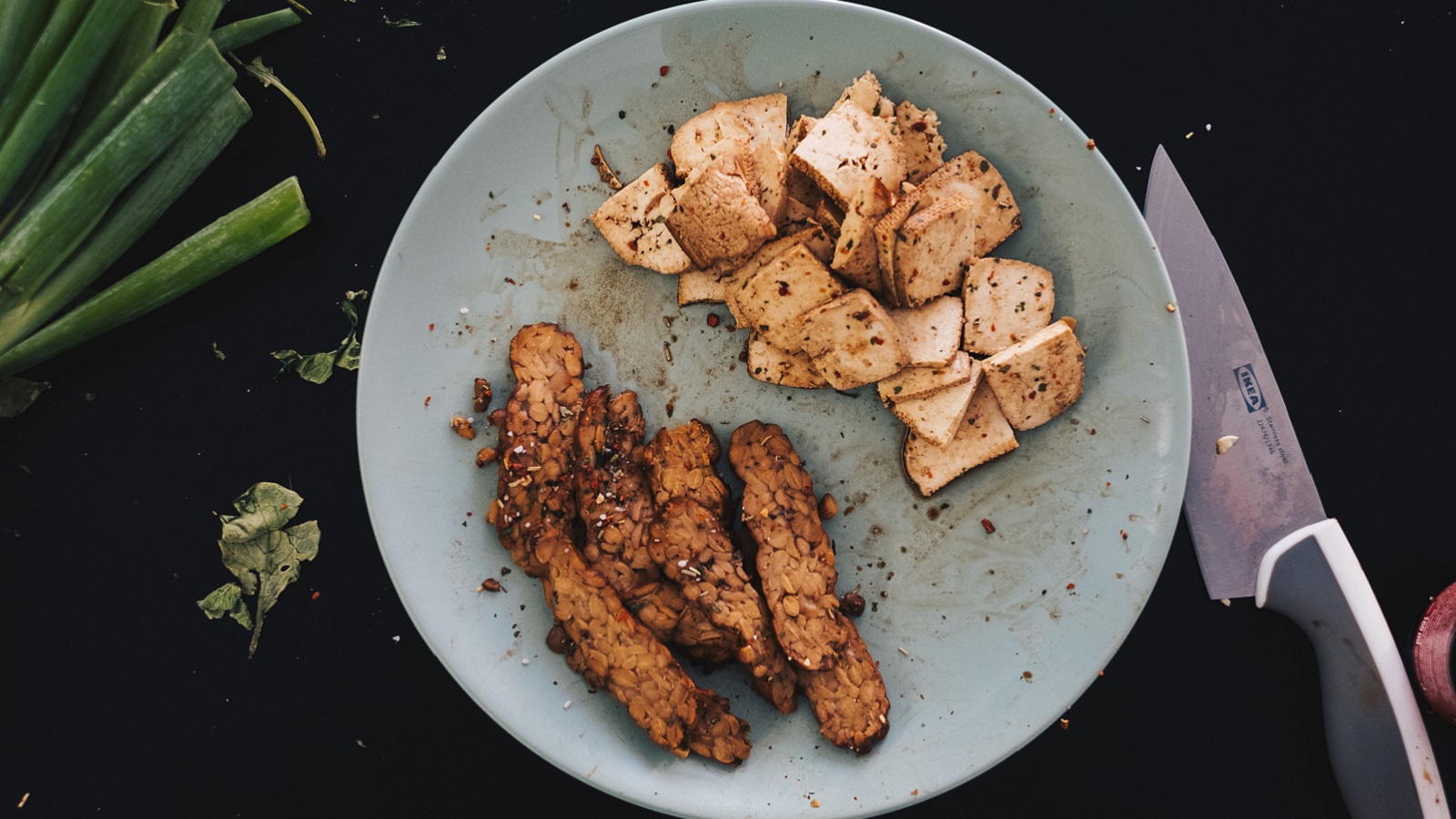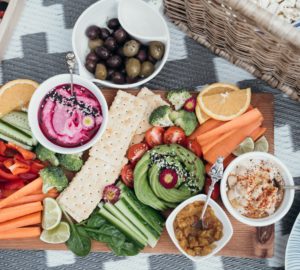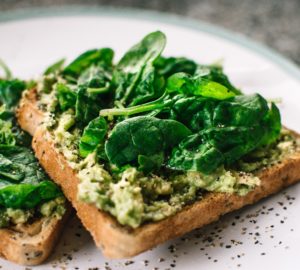The ultimate list of vegan food terms you need to know
Ever looked down at a menu in a vegan café and thought, “Err, I have no idea what any of this is?!”
You’re not alone! Lucky for you, we’ve rounded up the ultimate list of vegan food terms you need to know.
1. Seitan.
View this post on InstagramA post shared by Vegan Monster (@phillyveganmonster) on
Despite a name that makes it sound like a food from hell, there’s nothing devilish about seitan. It’s cooked and flavored wheat gluten, which is high in protein and has a consistency of meat. Plus, it’s low in fat and carbs!
2. Nutritional yeast.
View this post on InstagramA post shared by Вегетарианские Продукты Алматы (@greenbean.kz) on
What the heck is that, then? It’s a deactivated yeast, which comes in the form of flakes or powder – and can be found in natural food stores. It’s a fantastic source of vitamins and minerals (particularly B-complex) – and can be used as an ingredient in a meal, or as a condiment.
3. Tempeh.
View this post on InstagramA post shared by Vegan Food Blog (@abritinhelsinki) on
A soy product which originates from Indonesia, tempeh is made by fermenting soybeans in banana leaves. It contains 31 grams of protein per cup – and has a mild nutty flavor.
4. Tofu.
View this post on InstagramA post shared by Elisa 🇬🇧🇮🇹Plant Based Foodie 💚 (@happyskinkitchen) on
While tofu is also a soy product, it is made of condensed soy milk and has a soft, cheese-like texture. Tofu easily absorbs flavors of other ingredients and spice and can be used as a meat alternative in a ton of different dishes – from stews to burgers!
5. Carob.
View this post on InstagramA post shared by Gwynnie McClure Clemons (@gwynclem) on
Carob powder is used as a vegan and caffeine-free substitute for chocolate. It’s made from carob trees: their pods are dried and roasted – then ground into carob powder. It has a nuttier flavor than chocolate – and is high in fiber.
6. Flax egg.
View this post on InstagramA post shared by Simon Hill (@plant_proof) on
This is an egg replacement commonly used in both cooking and baking. A flax egg is made from mixing one tablespoon of ground flaxseed with three tablespoons of water until it becomes gelatinous.
7. Kombucha.
View this post on InstagramA post shared by RISE Kombucha (@risekombucha) on
This fermented drink dates back more than 2,000 years to ancient China. It’s an effervescent beverage made by fermenting green or black tea with sugar, yeast, and bacteria for a week or two. This process creates a symbiotic colony of bacteria and yeast (known as SKOBY), which forms a mushroom-like ‘blob’ that floats on the surface of the liquid. Much like other fermented foods, kombucha offers a number of health benefits including improved digestion and gut health, and improved immune function.
8. Spirulina
View this post on InstagramA post shared by Organika (@organikahealth) on
Used as a dietary supplement or whole food, spirulina is nutrient-dense blue-green algae. It’s sold in powder and capsule form and is a good source of antioxidants, B vitamins, iron, copper, and manganese. The powder can have a strong flavor, so it’s best to add it to smoothies.
9. Tamari
View this post on InstagramA post shared by San-J (@sanjtamari) on
Much like soy sauce, tamari is made from cooked soybeans, with one difference – wheat. Unlike soy sauce, tamari contains little to no wheat, making some versions gluten-free. If you’re gluten-intolerant, always be sure to read the label first.
And if you’re looking to learn more about leading a plant-based lifestyle, why not binge watch these movies?









